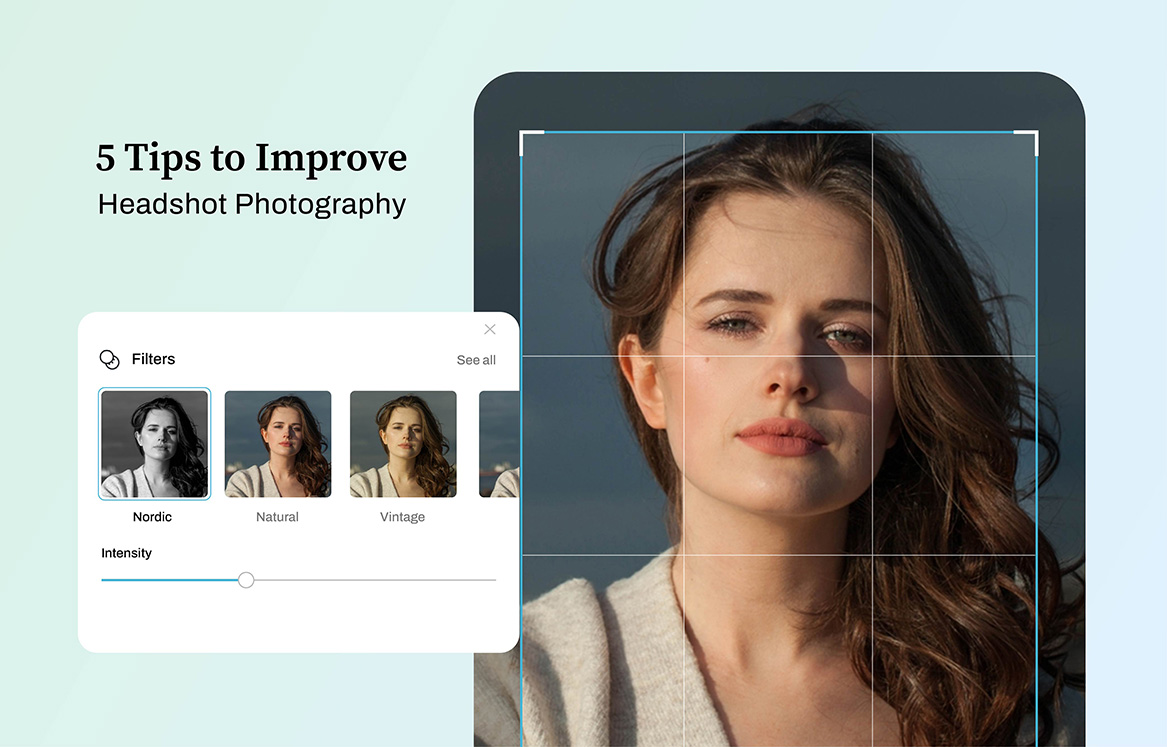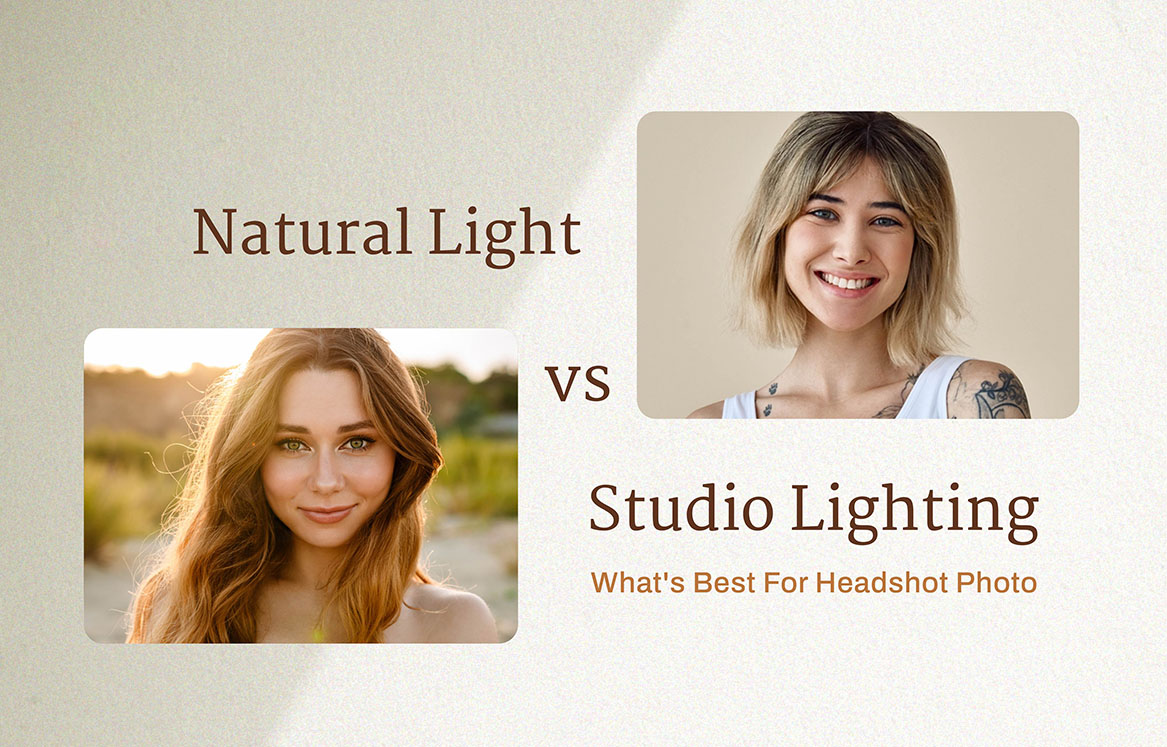Embarking on a journey as a newborn photographer often raises questions from peers and admirers alike, intrigued by your success in this specialized field. I felt compelled to write this blog to shed light on the intricacies of newborn photography and share insights learned from years of navigating the delicate art of capturing these precious moments.
This endeavor is not just about recounting personal experiences but aims to serve as a comprehensive guide for seasoned professionals and aspiring photographers. Drawing from our collective expertise accumulated over years of operating a newborn photography business, this blog promises to be a treasure trove of invaluable information.
In this article, I will share six (6) different guides on various facets of newborn photography, including safety considerations, suitable locations, equipment essentials, and the intricate process of photo editing. Whether you’re seeking to enhance your existing skills or embark on this enchanting journey for the first time, this article will help illuminate your path to mastery in newborn photography.

Newborn Photography
Newborn photography is a specialized art that focuses solely on capturing the fleeting moments of infants in their earliest days of life. Typically conducted when babies are between four and fourteen days old, this window offers photographers the optimal opportunity to immortalize newborns’ soft, squishy, and remarkably flexible nature.
Given newborns’ delicate nature, photographers undergo specialized training to ensure their safety and comfort throughout the photoshoot. While prioritizing safety, they skillfully capture breathtaking images that encapsulate the magic of this precious stage of life.
For aspiring newborn photographers, delving into the intricacies of this niche field is essential for success. Whether you’re eager to embark on this enchanting journey or seeking insights to elevate your existing skills, the subsequent sections of this blog post will provide invaluable guidance on becoming a proficient newborn photographer.
Why Is Newborn Photography Important?
In a world where change is constant and time seems to fly by, the tender moments of a newborn’s arrival remain steadfastly timeless. New parents are acutely aware of the fleeting nature of infancy and the rapid pace at which their little ones grow. During these precious moments, newborn photography takes center stage, offering a pause button to immortalize these fleeting yet priceless memories.
From the delicate curve of tiny toes to the peaceful expressions of a sleeping newborn, every detail holds immense significance for parents wishing to preserve these moments for eternity. Through the lens of newborn photography, these subtle nuances are captured with unparalleled elegance and emotion, allowing families to treasure them for generations to come.
For those of us behind the camera, the privilege of documenting these fleeting moments is nothing short of exquisite. As newborn photographers, we witness the purest expressions of love and joy, etching them into timeless images that will be cherished forever.
Guide #1: Safety in Newborn Photography
For customers, a newborn photo may evoke a simple “wow” at the adorable sight of a sleeping infant. Yet, for newborn photographers, it represents a meticulous process requiring time, effort, and knowledge. Beyond mastering the art of photography, a newborn photographer must possess expertise in various facets of newborn photography, including safety protocols, artistic style, suitable locations, essential equipment, and an array of props and accessories.
Safety is paramount during newborn photo sessions, and the photographer is expected to adeptly soothe, handle, and support the baby throughout. Parents are advised to exercise caution when selecting a newborn photographer, ensuring they prioritize the infant’s comfort and safety above all else. Working in tandem with an assistant is not only beneficial but essential, as it ensures an extra set of vigilant eyes to monitor the newborn’s well-being throughout the session.
Beyond capturing a beautiful image, a skilled newborn photographer pays close attention to subtle cues indicating the infant’s comfort and relaxation. From the gentle curve of fingers to the relaxed posture of tiny feet and arms, these nuances speak volumes about the newborn’s comfort level and overall well-being.
Additionally, maintaining optimal studio temperature is crucial, as newborns are highly sensitive to temperature fluctuations, and ensuring a cozy environment is essential for their comfort and safety throughout the session. Photographers must always remain vigilant and attentive to these details, prioritizing the newborn’s well-being above all else.
Newborn photography goes beyond capturing adorable moments; it requires a deep understanding of safety protocols and a commitment to providing a secure and comfortable environment for the newborn. By prioritizing safety measures and maintaining vigilance throughout the session, photographers can ensure the well-being of their tiny subjects and deliver beautiful, heartwarming images that families will cherish for a lifetime.

Guide #2: Locations for Newborn Photography
Selecting the right location for a newborn photography session is a pivotal decision that can significantly impact the outcome of the images. Each location offers unique opportunities and challenges, catering to photographers’ and clients’ different preferences and styles. From the controlled environment of a studio to the cozy familiarity of a client’s home or the natural beauty of outdoor settings, the choice of location sets the stage for capturing precious moments with newborns and their families. Here are three (3) possible locations:
1. Studio: Studios offer a controlled environment with all necessary equipment, props, and amenities readily available. A comfortable parent area with amenities like free Wi-Fi ensures a pleasant experience for parents during the session.
2. In-Home: Conducting sessions at home offers convenience for parents, but it may incur additional costs due to the photographer’s travel. Adequate space and natural lighting are essential for successful in-home sessions, which may pose challenges in smaller or poorly lit homes. In-home sessions may have fewer props and backdrop options than studio sessions, requiring photographers to bring only essential items.
3. Hospital: Hospital sessions capture the newborn’s earliest moments within the first 12 to 48 hours of birth, offering a unique and intimate perspective. Photographers conducting hospital sessions must be prepared with portable equipment and lighting setups to capture precious moments amidst the hospital environment’s constraints.
Ultimately, the choice of location depends on the photographer’s style, the client’s preferences, and the desired aesthetic for the images. Whether indoors or outdoors, the primary goal is to create a comfortable and safe environment where the newborn can be the star of the show, surrounded by love and warmth captured in every frame.

Guide #3: Types of Newborn Photography
As photographers embark on their journey to specialize in newborn photography, understanding the different types becomes paramount. Each style brings its own set of opportunities and challenges, catering to clients’ different preferences and needs. Whether it’s the classic elegance of posed newborn photography, the authenticity of lifestyle sessions, or the artistic expression of fine art newborn photography, there’s a style to suit every family’s vision and aesthetic sensibility.
Newborn photography encompasses various styles, each offering unique ways to capture precious moments of a baby’s early life. Here are four (4) different photography styles you can choose from:
1. Bare Baby Photography: Newborns are posed on cloth over a stable surface, often without clothing, to highlight their innocence and purity. These images focus solely on the baby, with minimal distractions, creating timeless portraits cherished by parents. Photographers use flow-posing techniques to gently move and pose the baby, ensuring comfort and safety while capturing captivating shots.
2. Lifestyle Photography: Lifestyle sessions capture the baby in familiar settings, such as their home or nursery, creating a relaxed and authentic atmosphere. Photographers utilize natural light and incorporate elements from the baby’s surroundings, such as cribs, beds, and windows, to create intimate and meaningful images. Some photographers create lifestyle setups in their studios, featuring elements like beds, pillows, and wall art with a bohemian aesthetic.
3. Fresh 48 Photography: Fresh 48 sessions capture the first hours of a newborn’s life, documenting fleeting moments and significant milestones. These sessions capture authentic moments, such as the baby’s first interactions with siblings, parents, and caregivers. Photographs from Fresh 48 sessions are a timeless reminder of the baby’s earliest days and the emotions surrounding their arrival.
4. Parents and Siblings Photography: These sessions include various setups, such as mom and baby, dad and baby, sibling and baby, and family portraits with the newborn. Photographers skillfully capture the unique bond between parents, siblings, and the newborn, creating heartwarming and memorable images. While newborn sessions typically last several hours, involving siblings in a portion of the session ensures a comfortable and enjoyable experience for everyone involved.
Each type of newborn photography offers unique advantages and challenges, and photographers may choose to specialize in one or combine elements from multiple styles to create a personalized approach that resonates with their clients. By understanding the different types of newborn photography, photographers can offer diverse options to meet the needs and preferences of families seeking to capture precious moments with their newborns.

Guide #4: Newborn Photography Equipment
Choosing the right equipment for newborn photography can significantly impact the quality and versatility of your images. From selecting the best camera to investing in lighting gear and props, each piece of equipment plays a crucial role in capturing those precious moments with precision and artistry.
With a carefully curated selection of gear, photographers can enhance their creativity, streamline their workflow, and deliver exceptional results that delight clients and preserve memories for years.
When it comes to newborn photography, having the right equipment can make all the difference in capturing those precious moments. Here are four (4) essential pieces of equipment used by newborn photographers:
1. Camera: DSLR and mirrorless cameras are popular for professional newborn photographers. Some top models include the Canon EOS R5, Canon EOS R6, Canon 5D Mark III or Mark IV, and Nikon D800 or D850.
2. Lenses: The choice of lens can significantly impact the style and quality of newborn photos. Popular lens options include the Canon EF 50mm f/1.2 L, Canon EF 35mm f/1.4 L, Sigma 50mm or 35mm f/1.4DG Art, Canon EF 100m 2.8L Macro, and Canon EF 24-70 f/2.8L.
3. Lighting Equipment: Soft lighting is essential for newborn photography to avoid harsh shadows and protect the baby’s sensitive eyes. Softboxes, diffusers, and modifiers like umbrellas are commonly used. Lighting stands such as the 240cm Air Cushioned Studio Light Stand and 2in1 Reclined Combi Boom Stand offer versatility and stability.
4. Props: Props add visual interest and creativity to newborn photoshoots. Popular props include bowls, baskets, nests, crates, beds, rugs, and blankets. Having a variety of high-quality props can enhance the aesthetic appeal of your images and cater to different client preferences.
So, whether you’re a seasoned professional or just starting in newborn photography, choosing the right equipment is vital to unlocking your creative potential and delighting clients with captivating images of their little ones.

Guide #5: How long is a newborn photoshoot?
A newborn photo session typically lasts between two to four hours, a timeframe that is consistent among photographers worldwide. However, the actual duration can vary depending on several factors, some of which may come as a surprise.
The duration of a newborn photo shoot can be influenced by various factors, including the photographer’s experience and preparation. For instance, an inexperienced photographer may take longer to set up shots and soothe the baby, leading to a more extended session. On the other hand, a seasoned photographer who has meticulously planned the session may complete it more efficiently within the standard timeframe.
A newborn photo shoot typically lasts from two to four hours, with the average time falling within this range. Various packages offer different session lengths and the number of edited pictures included. Here are four (4) examples of packages and their time range:
1. Short Session (1-3 hours): This package typically includes 3-5 edited pictures.
2. Standard Session (2-3 hours): Clients can expect to receive 7-15 edited pictures from this package.
3. Extended Session (3-4 hours): With this package, clients receive 10-20 edited pictures, including shots with parents together and separately.
4. Comprehensive Session (3-5 hours): This package offers 10-20 edited pictures, encompassing images with parents and siblings.
The duration of a newborn photo shoot can vary depending on several factors, including the package selected and the photographer’s experience and preparation. Understanding the estimated time frames for different packages helps clients choose the option that best suits their needs and preferences.
Guide #6: Photo editing
Finalizing a newborn photo session involves the crucial step of photo editing, where images are refined to perfection. Adobe Photoshop is the preferred software for enhancing image quality and conducting skin retouching, offering many features tailored for editing purposes.
However, accurately depicting the baby’s skin tone requires calibrated monitors or color correction. Camera-captured colors may differ from those displayed on computer monitors, necessitating calibration devices to ensure color accuracy. Investing in a professional retouching monitor can enhance the editing process, providing consistent and reliable color representation.
Consistency in lighting and monitor settings is essential when editing newborn photos. Working in the same lighting conditions and on the same monitor ensures uniformity across the entire editing process. Variations in lighting or monitor settings can lead to inconsistencies in hue and exposure, affecting the overall cohesiveness of the final image gallery.
Outsourcing photo editing is a wise decision for photographers seeking to streamline their workflow and save time. By partnering with reputable editing services such as Ephotovn, photographers can delegate editing tasks and achieve high-quality results in various styles at competitive prices.
With Ephotovn’s expertise in newborn photo editing, photographers can trust in the quality and efficiency of their services, allowing them to focus on capturing memorable moments behind the lens. For more information about Ephotovn and their photo editing services, visit their website at https://ephotovn.com/
In Conclusion
Capturing newborn photos encompasses various steps, each crucial for achieving stunning results. This guide’s comprehensive information gives you everything you need to embark on your journey into newborn photography.
To recap, I have shared six (6) guides on these facets of newborn photography:
1. Safety in Newborn Photography
2. Locations for Newborn Photography
3. Types of Newborn Photography
4. Newborn Photography Equipment
5. Duration of a newborn photoshoot
6. Photo Editing
Whether you’re ready to collaborate with experienced professionals in newborn photography or have questions about the process, our contact page is available. We’re here to assist you every step of the way, ensuring your newborn photography experience is seamless and rewarding.
Additionally, when editing your newborn photos, look no further than Ephotovn. Our professional photo retouching services are explicitly tailored to newborn images, offering basic fixes and intricate Photoshop composites.
Share your ideas with us, and we’ll bring them to life with precision and creativity. Contact us today to discuss your newborn photography needs, and let us help you capture memories that last a lifetime.




